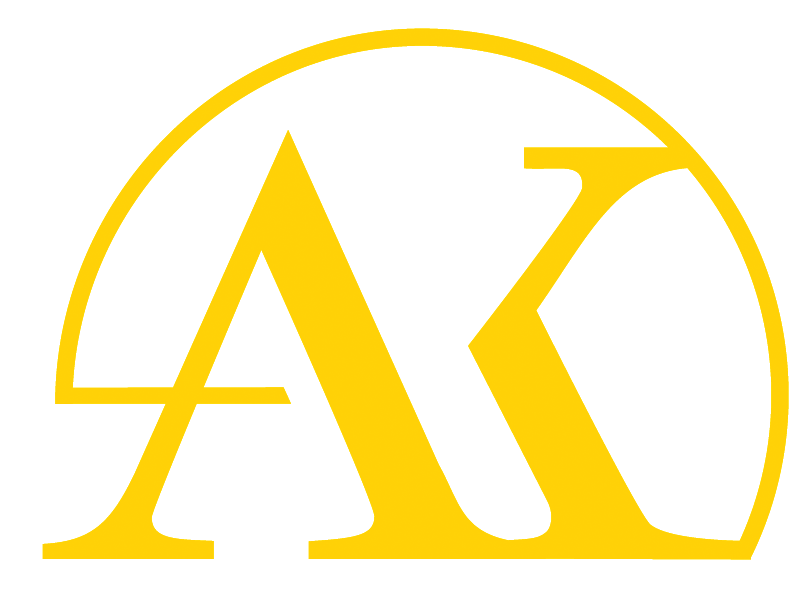The Council Regulation of the European Union on common organisation of agricultural markets and other domestic and EU wine market legislation regulate all elements of grape production and winemaking, thus also covering by-products from the grape processing and winemaking. In order to protect the environment, protect the quality of the wine and prevent the low-quality wine surpluses, it is prohibited to overpress the grapes. For the same reason, it is prohibited to press wine lees, or to release wine separated from wine lees - by filtration or sedimentation - for direct human consumption or for free circulation. An amount of alcohol proportional to the alcohol content of the produced wine must be retained in the by-products, thus proving the limited juice extraction and the gentle processing, which is a basic condition for good wine quality. The resulting winemaking by-products must be withdrawn from the market and destroyed in a controlled manner.
Distillation of the by-products is a proven and well-monitored method of removal and destruction, which is currently used in the major EU wine-producing states. In doing so, the state-approved distilleries produce alcohol that can be used for industrial and energy purposes from the by-products, and at the same time take care of the disposal of the by-products, which are otherwise classified as waste.
For this activity - above all, covering the costs of collecting by-products and delivering them to the distillery - the European Union contributes in the form of a subsidy through the so-called national envelope, thus helping wine producers and at the same time checking the fulfillment of their obligations. At the same time, it stipulates the fulfillment of these obligations, i.e. the controlled extraction of by-products, as a condition for the provision of other wine market subsidies. (Applicable legislation)


